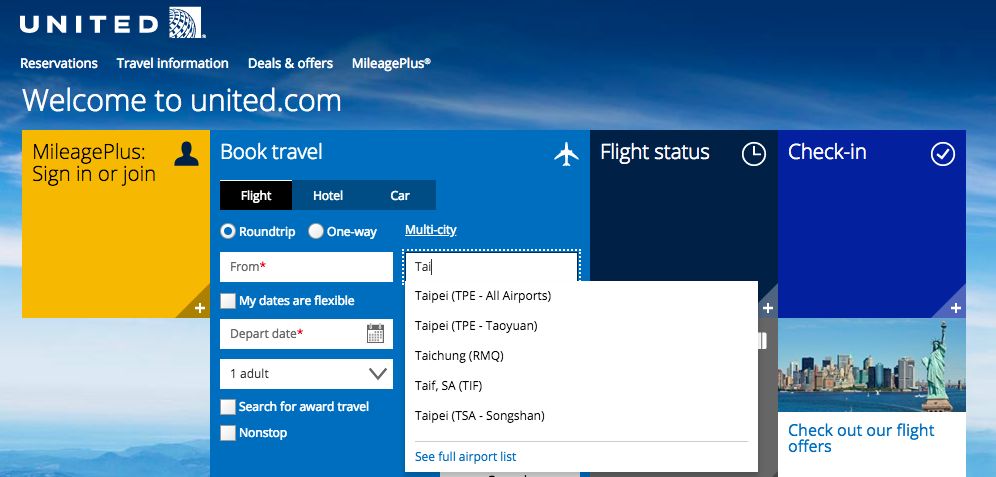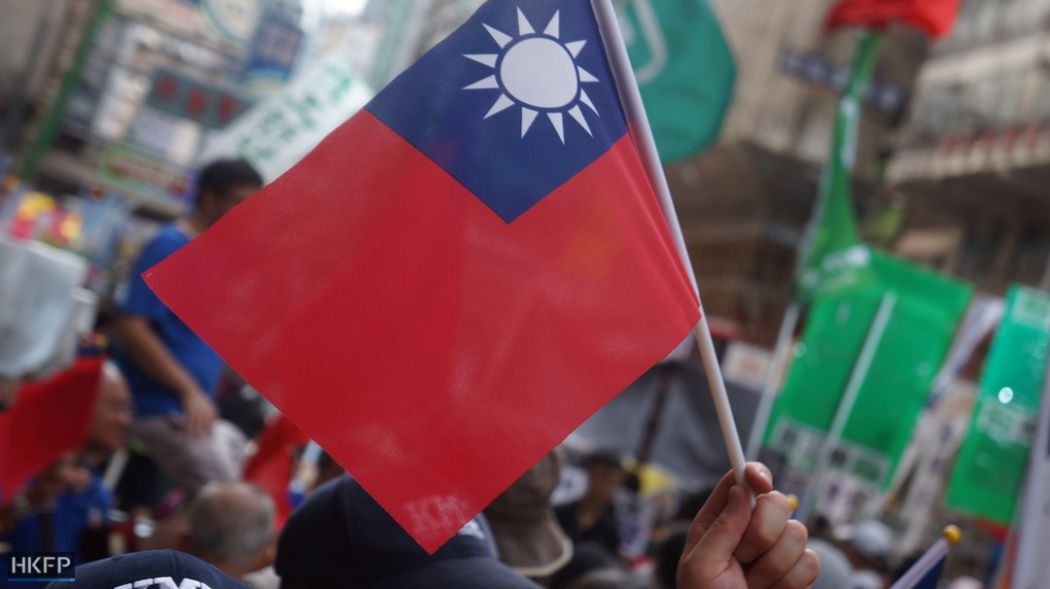It is no secret that China is not happy with Taiwan’s current president and administration. Ever since Tsai Ing-wen took office in 2016, China has engaged in threats and luring away Taiwanese diplomatic allies to try to isolate Taiwan in the global arena.
Over the last month, China’s efforts to bully Taiwan have intensified to the point they border on absurdity. But the effect of China’s bullying is no laughing matter.

The most notable example of China’s recent bullying of Taiwan was forcing dozens of international airlines to change how they refer to Taiwan on their websites so that the word “Taiwan” is either removed or listed with “China” behind, implying Taiwan is a part of China.
When several American airlines did this at the end of July, they were the last holdouts. Airlines from Europe to India and even Japan had already caved in to Beijing’s orders.
While forcing businesses to change how they refer to Taiwan is one thing, having a government agency of a major country do the same is another. Canada’s Border Services Agency put out a document announcing a steel investigation in which it referred to Taiwan as “Chinese Taipei.”

That name is what Taiwan is forced to use to participate in the Olympics as well as take part in agencies like the World Trade Organisation, due to China’s refusal to recognize Taiwan as a distinct state. Nobody in Taiwan or around the world uses “Chinese Taipei” in real life.
Hence, “Chinese Taipei” does not reflect reality, but represents a bureaucratic compromise by the world to avoid angering China.
However, China has followed up with even more egregious and blatant acts such as blocking Taiwan from hosting international sports events. Last week, China forced the 2019 East Asia Youth Games to be stripped from Taichung, a major Taiwanese city.
The sudden move comes four years after Taichung had been granted the games; the city has already spent over US$22 million on preparations.
In addition, China has put pressure on the Gay Games to be held this month to prevent Taiwan’s delegation from flying their national flag at the event. China also tried to force Asia Rugby to take the Asia Rugby youth championship away from host Taiwan but the rugby body refused.
Our athletes are ready to strut their stuff at this year’s #GayGames in #Paris. What a shame they cannot compete under the name #Taiwan & national flag. Sports and politics should never mix. #AllEqual https://t.co/cZXXCqFb77
— 外交部 Ministry of Foreign Affairs, ROC (Taiwan) 🇹🇼 (@MOFA_Taiwan) July 26, 2018
In Austria, a Taiwanese children’s aboriginal choir was banned from performing at a United Nations event at the end of July due to pressure from the Chinese embassy.
All these efforts by Beijing to stymie Taiwan’s existence on the global arena seem overbearing and ridiculous. But they are part of a widespread, concerted campaign to squeeze Taiwan as much as possible and reduce its international standing.
While most of Asia, Taiwan, and China observers are well aware of Taiwan’s existence as a self-ruled state, many people across the world may not be. It is important China’s heavy-handed attempts to obstruct Taiwan must be publicised and called out, and not just for Taiwan’s sake.
Besides affecting Taiwan, China’s bullying of international businesses like airlines or clothing brands also constitutes a serious breach of free speech and respecting national borders. It is one thing to censor free speech within China, but another to interfere with free speech around the world, as pointed out by an American analyst in Nikkei Asia.
By doing this, China is threatening international norms and values, and trying to replace them not with a reasonable alternative, but with censorship and the propagation of false news.
In the past, China seemed to think it could win the hearts of the Taiwanese. To this end, earlier this year, China issued a broad list of incentives to lure Taiwanese professionals to come to China to work. The motives were transparent to many Taiwanese and foreign experts, who recognised this as an attempt to weaken Taiwan.
In a tacit admission that they are failing to convince most Taiwanese that they belong to China, Beijing has resorted to increasing military drills, issuing stern warnings, and isolating Taiwan as mentioned in this article. Yet the more China does this, the more the Taiwanese shun China and believe in a distinct Taiwanese identity.

China is facing serious problems of its own, ranging from mass repression in Xinjiang to protests to economic problems. In a sharp turnaround from the past few years, the central government and Xi Jinping himself are facing criticism from within the country.
A popular article by a CCP academic warned in surprisingly blunt language about the dangers of China over-extending itself through hubris and delusions about its power. The writer criticizes “blind optimism” and “premature sense of national greatness” and urges his country to be patient and “observe our own inadequacies.”
Whether in bullying Taiwan, militarising a vast swathe of the South China Sea or pushing forward with self-serving Belt and Road projects that impose crippling debts on small nations, China’s threatening nature is becoming more obvious and dangerous.
As unlikely as it seems, the Chinese leadership should heed the call to do some self-reflection and focus on addressing its own problems, instead of wasting so much effort on interfering with Taiwan. The world needs to stand with Taiwan and do more to help the island nation.
